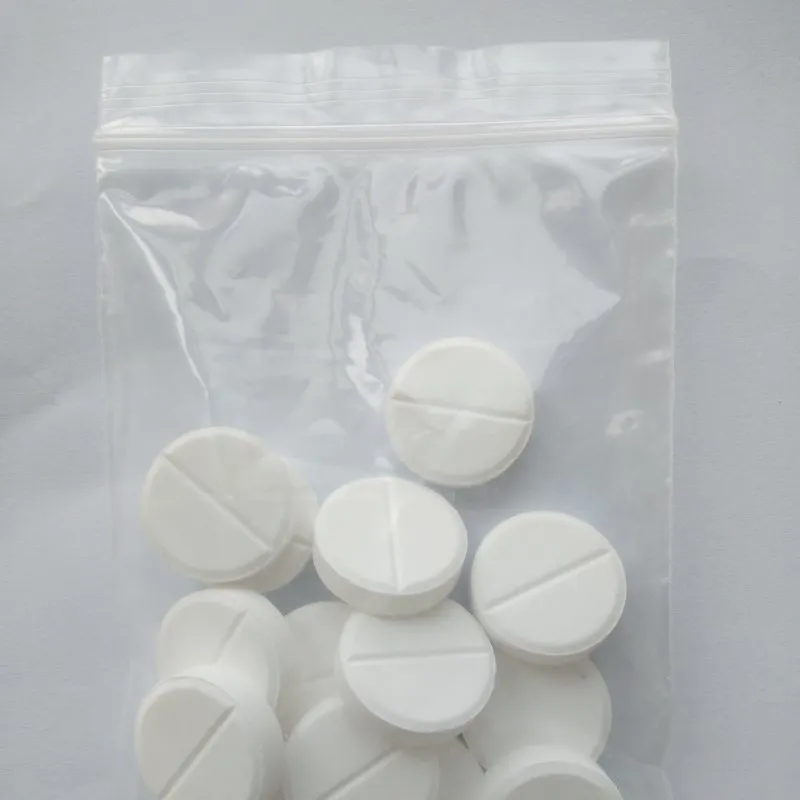



chemical used for cooling water
The Role of Chemicals in Cooling Water Systems
Cooling water systems are essential for various industrial processes, power generation, and HVAC applications. Effective cooling is critical for maintaining optimal operating conditions, preventing equipment damage, and enhancing energy efficiency. To optimize the performance of cooling water systems, the use of specific chemicals has become a standard practice. These chemicals play a vital role in managing corrosion, scaling, and biological growth, ensuring that water remains effective as a cooling medium.
Corrosion Inhibitors
One of the main challenges in cooling water systems is corrosion, which can lead to significant maintenance costs and reduced efficiency. Corrosion occurs when metal components interact with water and dissolved oxygen. To combat this, corrosion inhibitors are used to form a protective layer on metal surfaces. Common inhibitors include phosphates, molybdates, and organic compounds. These chemicals not only minimize metal degradation but also prolong the lifespan of equipment, leading to reduced downtime and repair costs.
Scale Inhibitors
Scaling is another critical issue in cooling water systems. As water evaporates during the cooling process, dissolved minerals can precipitate, forming scale on heat exchangers, pipes, and other components. This scale can act as an insulating barrier, reducing the efficiency of heat transfer and increasing energy consumption. Scale inhibitors, such as polyacrylic acids and phosphonates, are added to the water to prevent crystal growth and maintain cleanliness in the system. By controlling scaling, industries can ensure optimal heat exchange, lower energy costs, and extend the operational life of the cooling system.
chemical used for cooling water

Biocides
Biological growth, including algae and bacteria, poses a significant threat to the efficiency of cooling water systems. The presence of these microorganisms can lead to biofouling, which can clog pipes and heat exchangers, severely impacting flow rates and heat transfer efficiency. To prevent this, biocides—chemicals designed to kill or inhibit the growth of microorganisms—are routinely used. Common biocides include chlorine, bromine, and various non-oxidizing agents. While effective, the use of biocides must be carefully managed to minimize environmental impact and ensure compliance with regulations.
pH Adjusters
Maintaining the correct pH level in cooling water is crucial for optimal performance. A pH that is too high or too low can increase the likelihood of corrosion, scaling, and biological growth. Chemicals such as sodium hydroxide or sulfuric acid are employed to adjust the pH to a neutral range. This chemical adjustment not only enhances the effectiveness of other treatment agents but also ensures the overall stability of the system.
Conclusion
The use of chemicals in cooling water systems is indispensable for efficient operation and maintenance. Through the application of corrosion inhibitors, scale preventatives, biocides, and pH adjusters, industries can effectively manage the complexities of cooling water treatment. By investing in these chemical solutions, companies can achieve better energy performance, reduce maintenance costs, and contribute to a larger goal of sustainable operation. As technology advances, the development of more eco-friendly and effective chemical treatments will remain a priority, aligning with global initiatives to enhance industrial efficiency while minimizing environmental impact.
-
Why Sodium Persulfate Is Everywhere NowNewsJul.07,2025
-
Why Polyacrylamide Is in High DemandNewsJul.07,2025
-
Understanding Paint Chemicals and Their ApplicationsNewsJul.07,2025
-
Smart Use Of Mining ChemicalsNewsJul.07,2025
-
Practical Uses of Potassium MonopersulfateNewsJul.07,2025
-
Agrochemicals In Real FarmingNewsJul.07,2025
-
Sodium Chlorite Hot UsesNewsJul.01,2025










